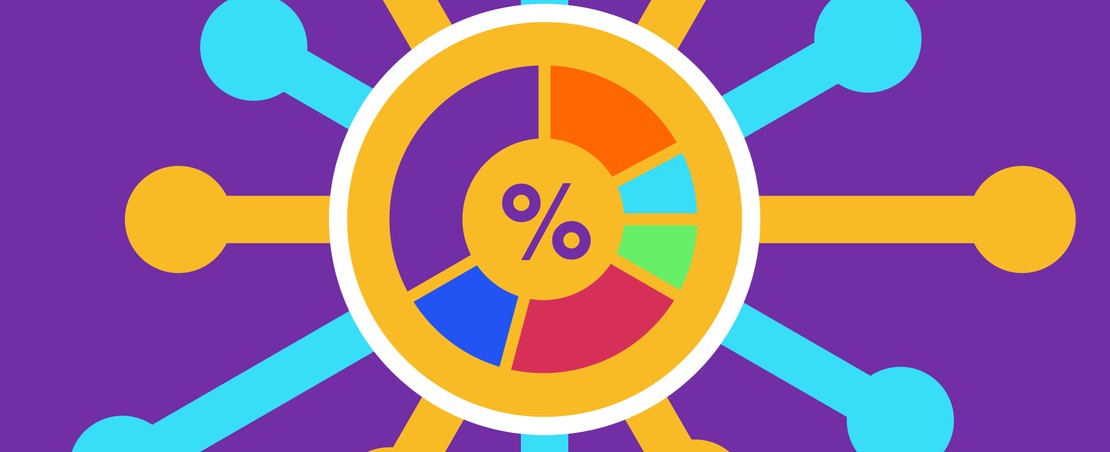
As we move to the next phase of our Luminate-funded project to provide guidance and support during the coronavirus pandemic, we reflect on the work to date, and outline our current work around symptom-tracking initiatives, and data sharing between the public and private sectors
Guidance and tools
With organisations up and down the country needing to coordinate responses to Covid-19, it’s no surprise that data issues have come to the fore. Challenges that could normally be resolved in the background have become urgent near-real-time problems: mismatching data formats, wild variations in naming conventions, and different ways of recording when and where and how many things have been happening.
As a response, we started a discussion document – 'Symptom tracking: standards and adaptors' – which is open for contribution, where we talk about the definitions and the differences between data standards and data adaptors, and the different scenarios where they come into play.
Symptom-tracker data
The symptom-tracker workstream has focused on identifying several symptom-tracking initiatives, understanding what data those initiatives have been collecting, how the organisations involved in these initiatives are using it and whether they are increasing access to the data beyond this initial usage.
Publications from this piece of desk research include two research worknotes – one looking at the range of symptom tracking initiatives that are in operation and one looking at the data that is being collected, used and shared by initiatives – as well as a more in-depth report looking at the symptom tracking ecosystem, which will be published later this month.
Role of the private sector
We have now completed and published four personas for mobility-data users, following several interviews with experts. This work will act as a communication tool to engage with mobility-data holders to help ensure that users' needs are met.
We have finished our combination of desk research and interviews with people and organisations who act as ‘data intermediaries’. That is, those who create services and tools to support data use and sharing, rather than those who create data or are the end users. This includes discussions with telecoms companies and the Connected Places Catapult about getting mobility data to academics. We also published a summary blog post on data intermediaries for Covid-19.
Data Institutions event
On 16 September 2020, we hosted a panel discussion during our Data Institutions event where we discussed access to data during the pandemic with three influential speakers:
- Tom Denwood: Executive Director of Data, Insights and Statistics at NHSDigital
- Caroline Gorski: Group Director, R2 Labs, Rolls Royce; and Chair of Emergent Alliance
- Carly Kind: Director, Ada Lovelace Institute
We touched on a range of issues, from health data to public–private data partnerships, and the views of the public on sharing data about themselves to help address the crisis.
Current project focus
Over the coming weeks, we will be convening people from the public and private sectors to discuss the problems and opportunities around improving and developing data sharing and data access between the two sectors. This will help address fundamental and critical aspects of a pandemic such as addressing localised lockdowns and how we work to ensure economic recovery during and after the pandemic.
The symptom-tracking ecosystem report will reflect on the findings from the desk research, which have already been outlined to an extent in the two previous worknotes. The report will also take a closer look at different parts of the symptom-tracking ecosystem and discuss how symptom-tracking initiatives might be able to exploit further opportunities for collaboration and success.
Call for proposals: public–private mobility data sharing
Following our research on mobility data, we have scoped an additional piece of work to look more specifically into public–private mobility data sharing in response to the Covid-19 pandemic. The call for proposals is open until 26 October 2020 and open to individuals researchers, research organisations or academic departments - with up to £20,000 in funding to be awarded.
ODI Summit 2020: Data | Futures
The ODI Summit (10 November 2020) includes a focus on infrastructure and how it can help us deal with Covid-19 and health challenges more generally. In particular, we have curated a fireside chat session with two experts with insights and experience from the field, and will welcome summit participants to a roundtable on the challenges and practice of data discovery in the context of the pandemic.
We will also be presenting an overview of all our guidance and Covid-19 data-related resources in a 'virtual booth' session at the summit.
Find out more about the summit panel sessions and get your ticket here.
Get involved
- We welcome feedback on the Covid-19 project work so far, please get in touch with us
- Follow and engage with the #OpenDataSavesLives community online here